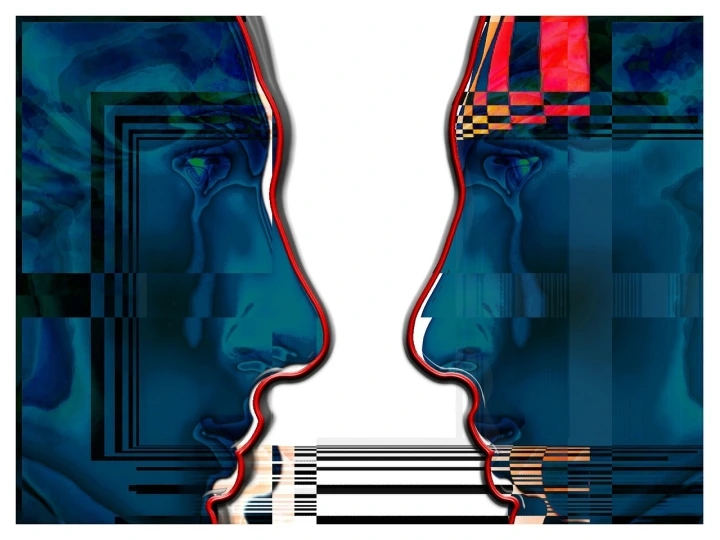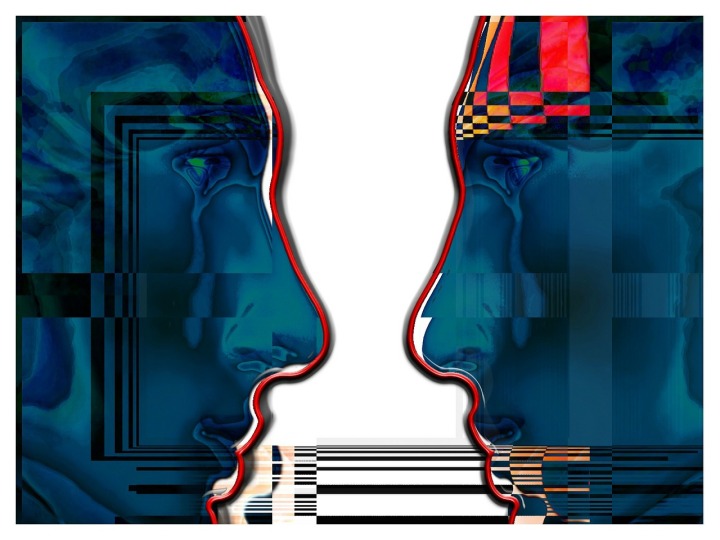I studied Linguistics and Communications at the University of Virginia and I am fascinated by how words shape our perception of things. Lately there has been a lot of discussion about the term “politically correct,” sometimes shortened to “PC.” I have noticed it is used when people refer to the pressure to be polite to all people, including those who are different from themselves.
Is it a coincidence that the term “politically correct” is popular at a time when some outspoken leaders have forgotten what they should have learned in kindergarten about respect for others?
The Merriam-Webster Dictionary defines it this way:
“politically correct: agreeing with the idea that people should be careful to not use language or behave in a way that could offend a particular group of people.”
Here is David Rock’s observation on the link between political correctness and diversity:
“Although some public discourse renounces diversity efforts as “politically correct,” most large organizations are championing fundamental changes in their human capital practices so that people with a broader range of identities and perspectives will be recruited, paid equitably, and promoted to leadership roles.”
David Rock, in Strategy+business
There is a strong trend in organizations toward more ethical, inclusive cultures where everyone is respected, even though you may not read about that in the news headlines which prefer to accentuate bad behavior to garner higher ratings. I think there are some things that need to be said about this issue.
“Human Rights” is not a political issue, it is a human issue, and that human issue transcends arenas. We have the freedom to think whatever we want, but we do not have the freedom to do and say anything that would would harm the rights and dignity of others.
Following this train of thought, is the person accusing others of being too “politically correct” trying to divert attention away from what is really going on, which is drawing lines around members of the human group who are acceptable and those who aren’t?
Could lashing out at others for being politically correct be a response to wanting to avoid inconvenient ethical issues, or wanting to avoid having to examine one’s own values, beliefs, and motives?
We are all part of the same group – the human group. Even so, societal issues are getting more complex. When people use the term “politically correct,” there is also sometimes an element of “this issue is too hot to handle” or “I don’t want to offend anyone” or “I don’t know how to talk about this issue.” If we don’t know enough about an issue, that should prompt us to seek objective information to stay current rather than lashing out at others who are just trying to stay aware and ethical as times change.
Staying current as times change and being respectful to others are both responsibilities of ethical leadership. If being called “politically correct,” then, really means a leader is talking openly about complex issues and trying to be inclusive and respectful as times change, then it is a supreme compliment. It is something every ethical leader seeks to do.

Unleash the Positive Power of Ethical Leadership
© 2022 Leading in Context LLC


Great to hear from you, Carol. That is my wish, too. Those of us who know how to have respectful conversations even when we disagree definitely need to keep talking about what matters.
LikeLike
Hi Linda – you place a logical and coherent explanation of why it should be as simple as respect. I find, however, that logic and coherence plays little role in today’s meanness. Great post. I wish it were possible to discuss widely.
LikeLike